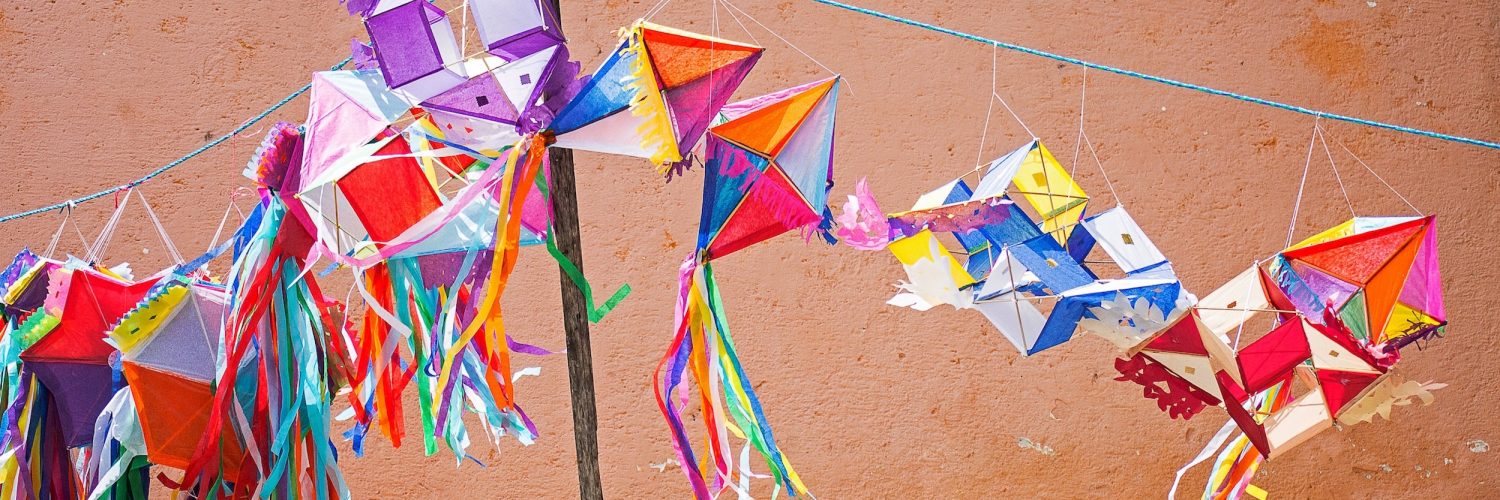Land, small scale farming & agribusiness
In the rain season of 2015, I spent three months living with small-scale farmers in the northern woodlands of Mozambique, in East Africa.
What are the spaces of advocacy for land-conflict affected communities? How are communities empowered to contribute to land debates? How do communities maintain their identity vis-a-vis both the state and advocate organisations?
My research zoomed-in locals relations with emergent grassroots movements, investor groups and governmental agencies around a highly contested large-scale land development project (PROsavana). I observed the Mozambican Peasant Association closely in constant awe at their resilience and creativity in addressing these challenges.
Gender & entrepreneurship
In developing countries, women are major players in agriculture and informal businesses, while their ability to grow their businesses and to enhance productivity is hampered by numerous institutional and legal barriers. In one hand, women have less access to knowledge, training and start-up capital than men. On the other, stories of entrepreneurial success tend to be male-dominated.
What can be done to help decrease the obstacles facing women entrepreneurs and celebrate successful women? How much can agricultural extension, farmer mobilization and empowerment be achieved by the new opportunities afforded by mobile phone and web-based technologies?
At SheFarms, a tech start-up with the mission to democratize technology and inspire entrepreneurship among female farmers in Central Ghana, I contributed to research (2017-2018) on gender, entrepreneurship and development by linking women’s entrepreneurial productivity to access to technology, skills and start-up capital. One outcome was a draft baseline study for the pilot project with 100 female farmers.
The household survey that informed the baseline was based on resources from the Gender Asset Gap Project and Cheryl Doss’ research on Gender in Ghana. In the survey design, we translate complex concepts, such as gender, into unbiased, researchable indicators. For example, we would not ask these women about gender directly, but instead included questions about their household composition, about the type of ownership and access to land to farm, about who they consider to be the head of the household, who made the decisions about a series of things (what to plant, how to use money, etc).
Youth & partnerships in development
What are the main challenges for a successful YAP? How are adults and young people looking at these partnerships? What best practices and concrete recommendations can SRHR organizations and alliances use to strengthen YAP programmes in the future?
Youth-adult partnerships (YAPs) for international development can be challenging! Departing from a MEL observation that “young people do not always feel trusted by adults”, CHOICE and I conduct research (2019-2020) into the enabling factors for a YAP to be an equal partnership and not a hierarchical relation within Sexual Reproductive Health and Rights (SRHR) programmes.
Food, farming & sustainability
Food defines us and our cultures in so many ways and yet our society is poorly informed and connected to its food and to farmers who grow it. I have learned a lot of new things about our food systems while researching land use, small-scale farming and agribusiness in Mozambique. These months were a life-transforming experience and have shaped the way I continue to speak, think and learn about the future of our food. I grew passionate about facilitating opportunities for the hardest-working farmers on the planet and get better food on our plates. This is why I’m interested in solutions to grow, distribute and cook nutritious food more locally and support Community Supported Agriculture initiatives in my neighbourhood. More about this in Food.
